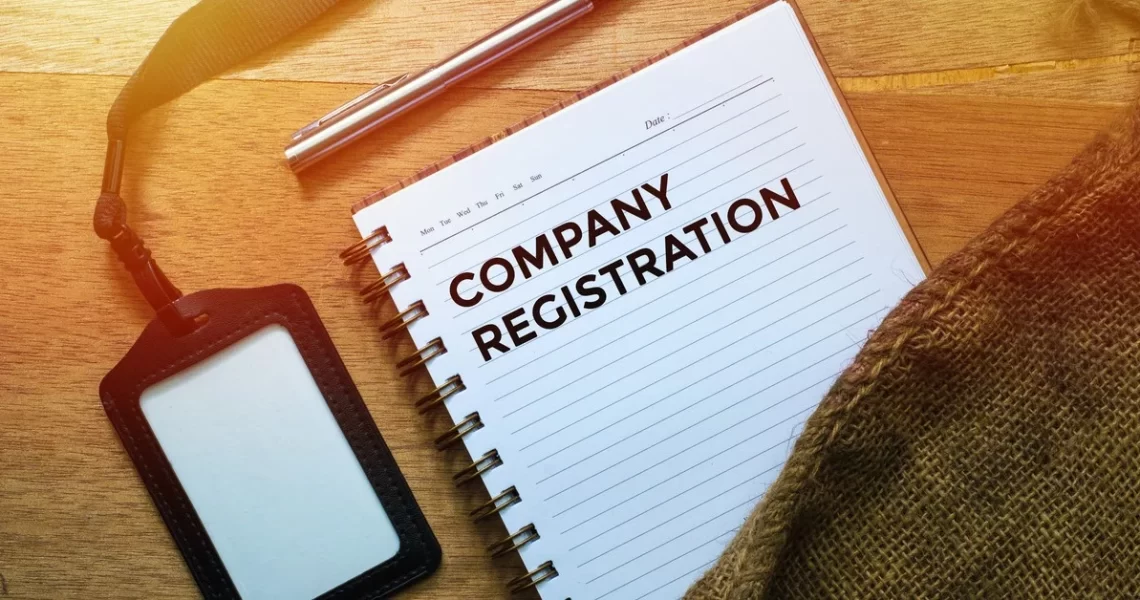The initial step in registering a company is choosing the business structure that suits one’s needs. Small businesses’ common types of business structures are sole proprietorship, partnership, and corporation. Each has distinct paperwork needs, tax systems; liability limitations etc.
Once a business structure has been decided upon, you can register your company.
To become a sole proprietor, one only needs the necessary licenses and permits. For partnerships, there is a need to file the partnership agreement that states the ownership shares, responsibilities and distribution of profits or losses, among other things. Registration of corporations is further complicated with filing incorporation articles in state and creating corporate bylaws.
Articles of incorporation are a legal establishment of the corporation. They must include such details as its name, physical address, registered agent(s), number/type of shares authorized for issuance and names/addresses of directors. The majority of states create forms that lead you through essential content of such documents. You will also need to file papers to register your corporation’s name, which must differ from other companies in your state.
Also, corporations must have an organizational meeting soon after registering with their state to get started. At this meeting, shareholders or directors take on official positions, including issuing stock certificates and recording meeting minutes in the corporate records book. Additionally, bylaws establishing rules on stocks, directors’ officers’ meetings, etc., should be produced.
Key steps in the registration process include:
- Choose a business name and search their database to see if it’s available before registering it with your state.
- Appointing a registered corporate agent who gets service of process and legal correspondence on behalf of the company.
- Drafting and filing articles of incorporation at secretary of state’s office
- Organizational meetings where directors are appointed, stock certificates are issued, bank accounts are opened, etc; at this time, company bylaws should also be created.
- Register with your state/local revenue department to obtain tax IDs, permits, and licenses relevant to your industry and location.
- Find any industry or business operating requirements at city hall or the county clerk’s office in your area. Some places require new businesses to file a business as name or get a license.
- Set up accounting procedures or software for payroll, taxes, expenses and invoices.
While the secretary of state registers your business entity, you must still talk with your local city, county, and state agencies and the IRS regarding licensing, permit requirements, reporting obligations, and taxes. Be sure to follow all legal requirements to protect your company and have everything run smoothly as it starts up.
Many entrepreneurs hire attorneys or incorporation services when doing their paperwork. Lack of compliance with state regulations could result in penalties/fines or jeopardize the limited liability protections you enjoy.
The company registration process may take weeks as several agencies must be dealt with regularly. Moreover, you will have to observe compliance requirements continuously because of changes in laws and your trade. However, establishing and structuring your business appropriately from the very beginning is necessary to ensure its basic operations take off smoothly, assets are safeguarded, taxes are reduced, and ownership or management runs without hitches.
Conclusion
The registration is done by taking the required measures to follow state regulations and registering correctly so that your start-up can have a good foundation for success.











